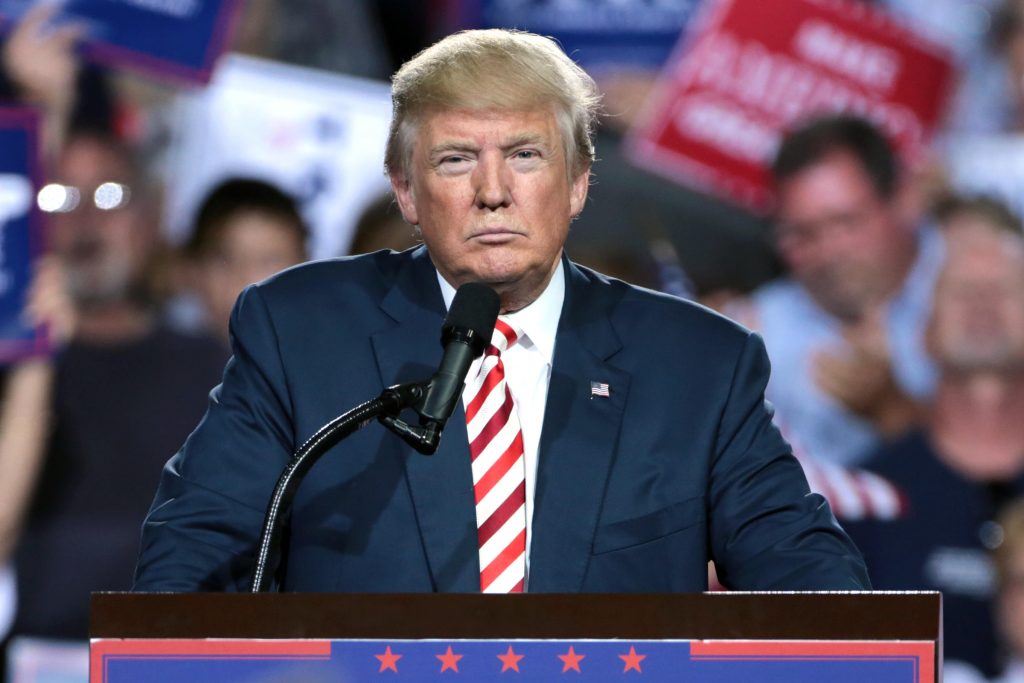In the 2016 election campaign, candidate Trump pledged to negotiate “a totally different deal” with Iran – to establish a deal that is all encompassing and goes beyond the nuclear issue alone. Four years later, with the presidential elections looming again and the current tenant of the White House aspiring to a second term, the Iranians have still not conceded to a new deal. But to what extent has Donald Trump broken his promise to renegotiate a deal and what are the root reasons that really underlie his failure?
Strictly speaking, there were certainly no ‘traditional’ negotiations, that is to say diplomatic negotiations adopting the channels of multilateral institutions comparable to the process which had led to the Joint Comprehensive Plan of Action (JCPOA) signed between Iran and the P5 + 1 in July 2015. However, this does not mean that there was no attempt at negotiation. Often described as a collapsing bargaining technique, Trump’s “maximum pressure” strategy is no fundamentally different from the “firm-deal” policy of his predecessors in that it also aims to bring the Iranians back to the negotiating table. A follower of what he himself calls “the art of the deal,” Trump only substitutes an aggressive sales technique (hard selling) for the hushed accommodations of the presidents who preceded him, and of the Obama administration in particular – but the fundamental principle and the objectives sought remain very comparable.
Second, it should be noted that the failure of this negotiation is due less to the aggressive style of the current tenant of the White House than to the terms set by Washington and its Western allies. Upon assuming office, Secretary of State Mike Pompeo announced that Washington remained willing to re-establish diplomatic and economic ties with Tehran in exchange – and this is where the shoe pinches – for complete denuclearization, for the cessation of Iranian ballistic missile program and that of the activities of influence deemed destabilizing of the Guardians and the Quds Force in the Middle East – all elements demanded not only by the other pre-Trump administrations but also by the European allies of the states United including Macron’s France, Johnson’s Great Britain or Merkel’s Germany.
The fact is that the Western requirement (of placing under supervision of nuclear and ballistic programs added to the significant decrease in regional activities in Tehran) touches on two non-negotiable imperatives of the security policy of the Islamic Republic: 1) protection of the Iranian fortress and preservation of national sovereignty; 2) promotion, around Iran, of a regional sphere of influence serving as a strategic buffer zone allowing precisely to strengthen the protection of the famous Iranian fortress. For the Iranians, these are two points on which they cannot concede simultaneously (deprive themselves of nuclear life insurance and, at the same time, of the protective sphere of influence) without weakening the internal and external sovereignty of the regime.
It is therefore not for lack of having continued to negotiate (even if it was done aggressively), nor because of a fundamental divergence with its European partners (who, in short, are essentially asking for the same thing as Washington), that the Common Comprehensive Plan of Action (JCPOA) has not been replaced by a more comprehensive agreement, but because what the Westerners demand cannot be met by the Iranians without, in their eyes, compromising their vital interests. As Richard Nephew, senior researcher at Columbia University’s Center on Global Energy Policy and former State Department official, explains, Western demands “are beyond Iran’s willingness to even discuss.” The blocking of a new deal therefore comes from both sides. The high-profile figure of Trump tends to focus general attention and provide a universal explanation for all kinds of phenomena, but the geopolitical equation is much larger and above all much more complex.
In August 2020, already in the midst of an election campaign for re-election, Donald Trump again pledged to secure a new deal with Iran if the ballot box offered him a second term. There is no indication yet that he would take a new approach to achieving this. Georgetown University professor Matthew Kroenig has no doubt that the strategy would remain the same: “exert ‘maximum pressure’ on the Iranian regime to force it to sit at the negotiating table.” But make no mistake: adopting a more amicable diplomatic style, while easing tensions, would have no effect.





Comments are closed.